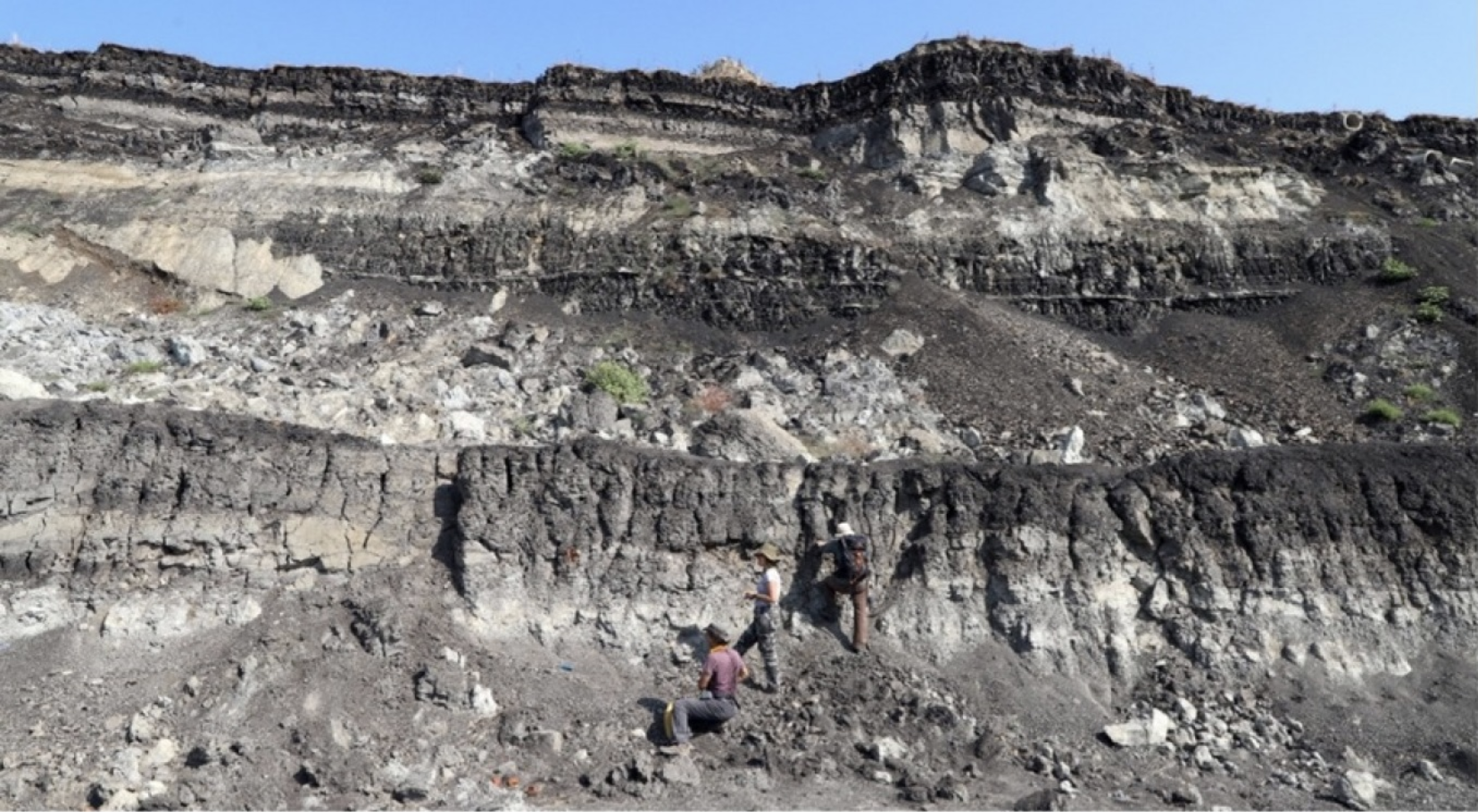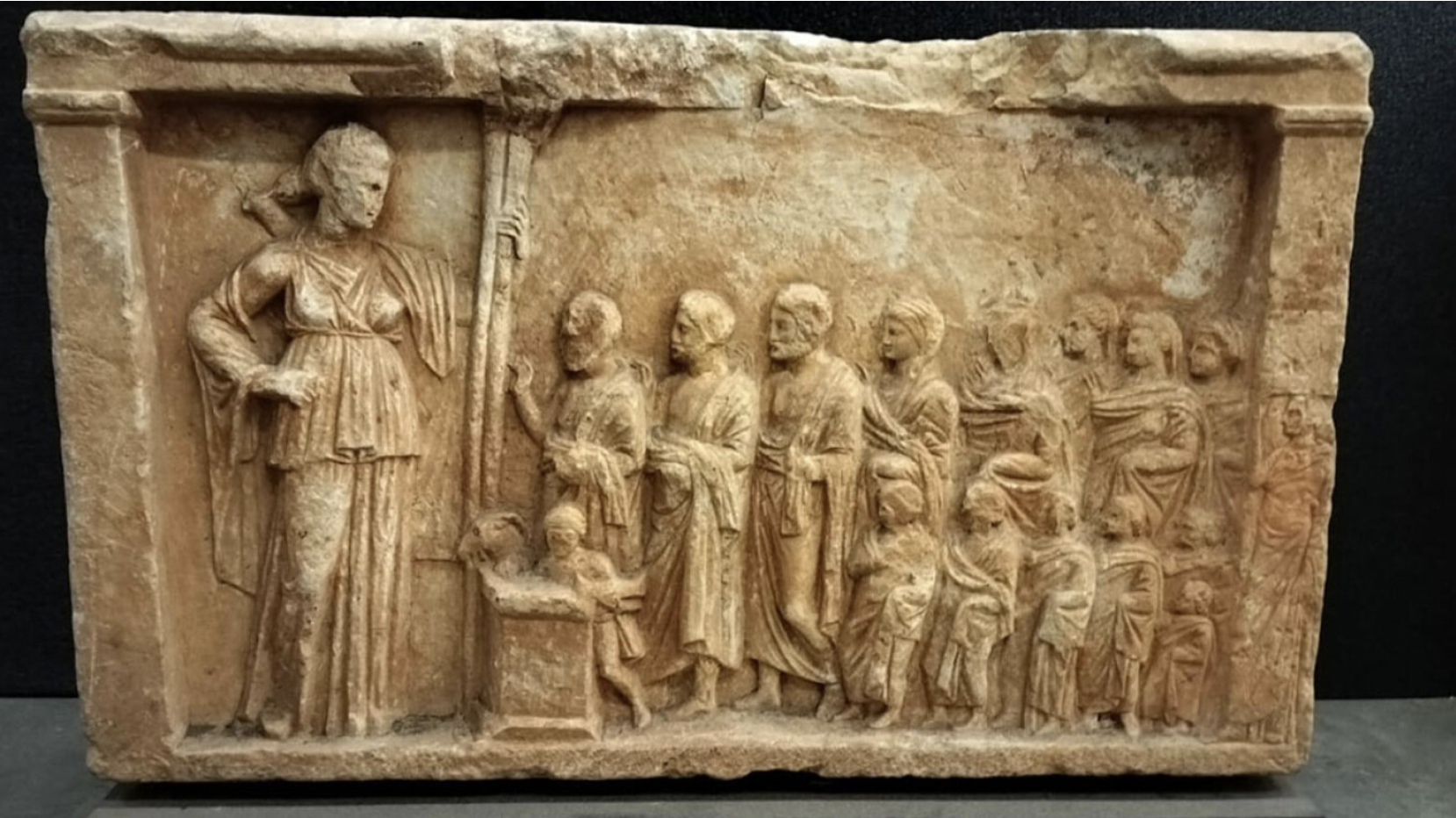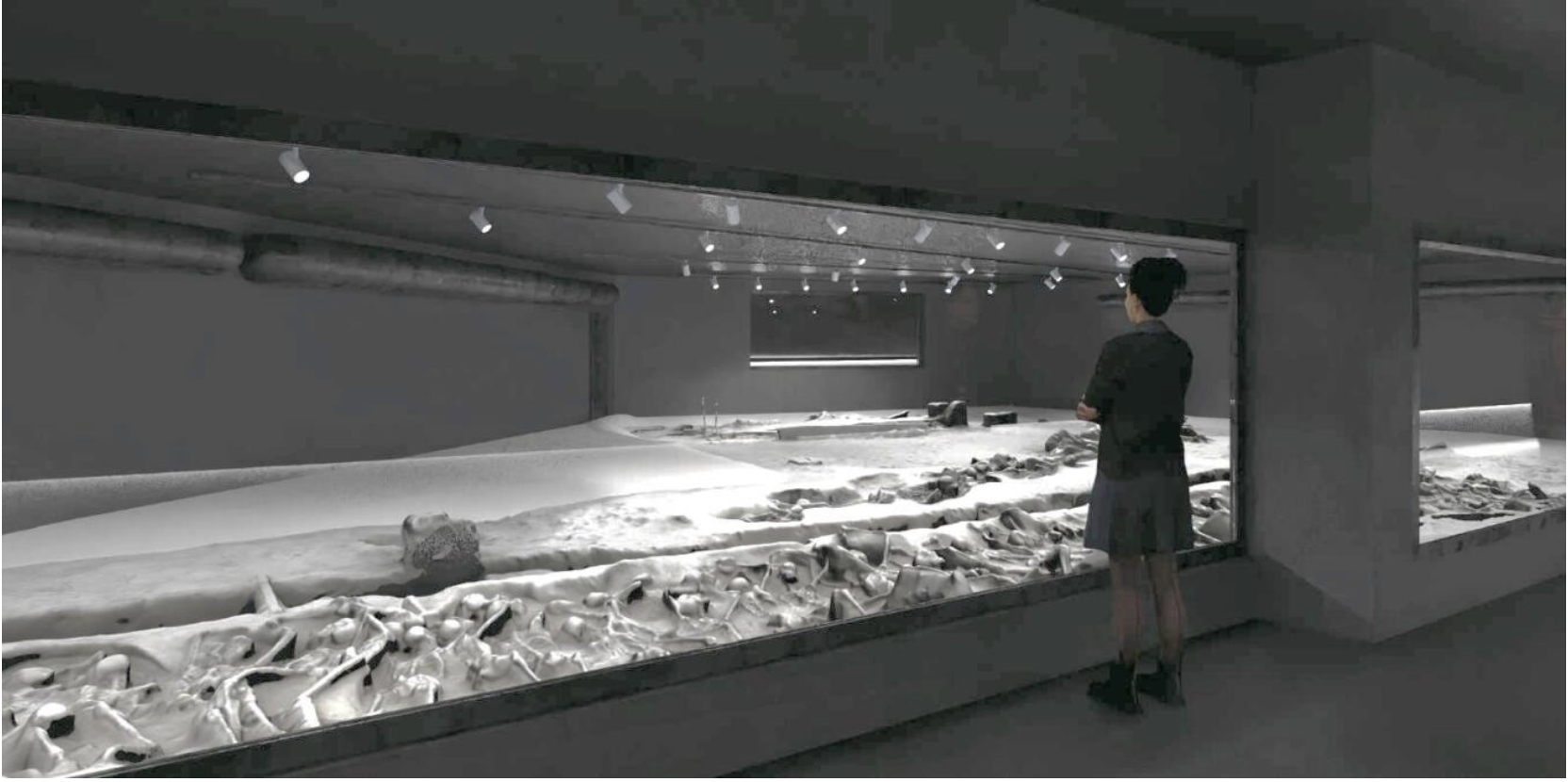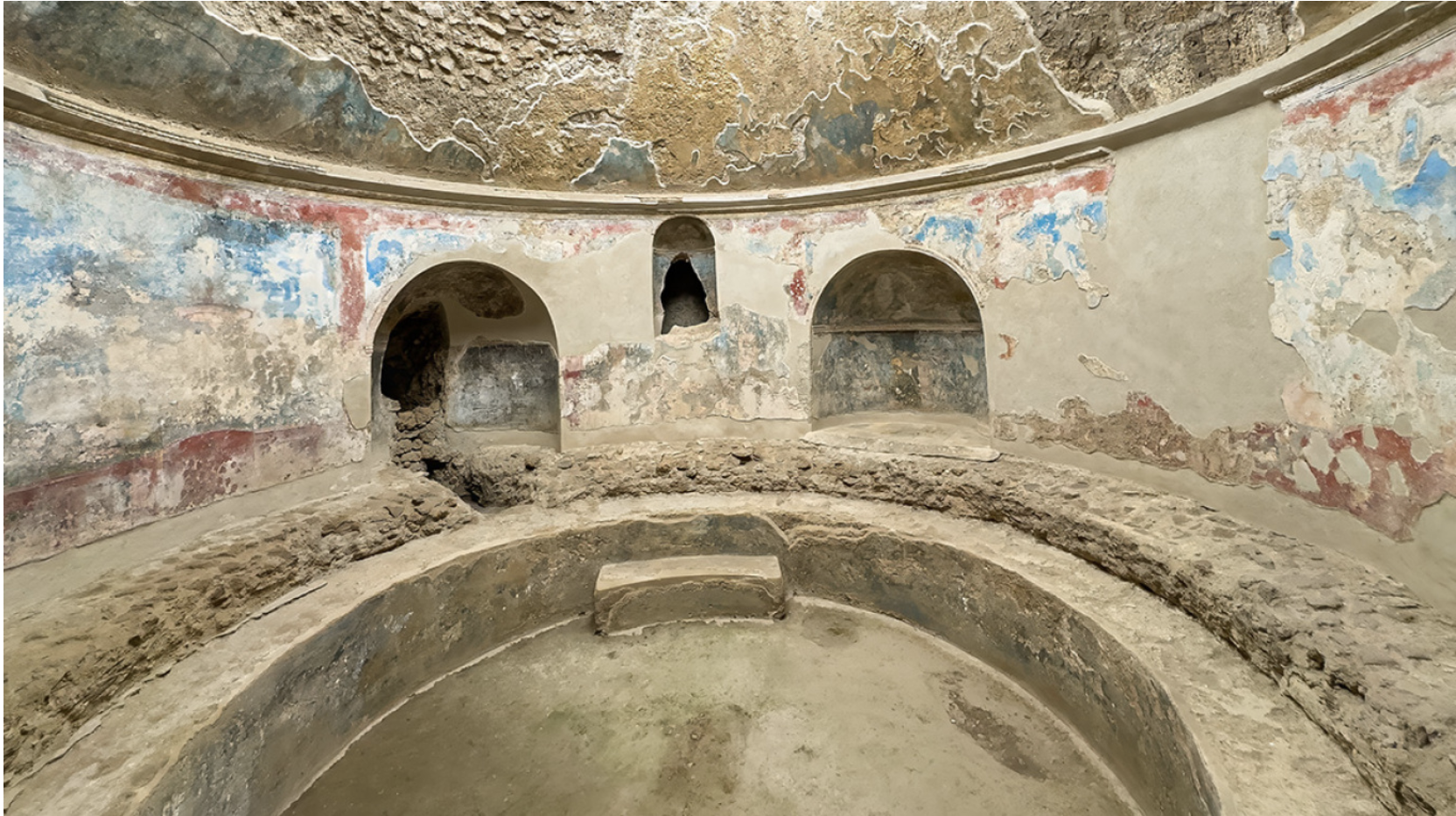Starting in September 2026, the International Baccalaureate (IB) will be piloted in at least five Model High Schools, the specific institutions of which will be announced in the coming days.
This announcement was made by the Minister of Education, Religious Affairs, and Sports, Kyriakos Pierrakakis, from Geneva, where the IB headquarters is located. It followed his meeting with the General Director Olli-Pekka Heinonen and other IB officials regarding the introduction of the International Baccalaureate in Greek public schools.
The minister emphasized that the goal is to gradually expand the IB program to all 21 Model High Schools in Greece.
What is the International Baccalaureate Diploma?
The IB Diploma is a highly demanding two-year preparatory program aimed at preparing students for higher education. It is typically offered in the second and third years of high school.
Through the IB, students gain direct entry to universities abroad or private universities without the need for national exams.
While the full IB system starts in the first year of high school, it is most commonly implemented in the last two years.
The program is based on a completely different educational philosophy from the one currently prevailing in Greece. It is already applied in 6,000 schools across 150 countries. The IB focuses on developing students’ critical thinking skills rather than rote memorization, honing analytical and problem-solving abilities, and emphasizing the importance of social contribution, often through volunteer programs.
Recognition and Language Requirements
The IB is recognized by universities and academic institutions worldwide and requires a high level of proficiency in English, as all instruction is delivered exclusively in English.
The Comprehensive Curriculum of the IB
The IB program includes the following educational stages:
- Primary Years Programme (3–12 years) for elementary students.
- Middle Years Programme (11–16 years) for students in middle school through the first year of high school.
- Diploma Programme (16–19 years) for second- and third-year high school students.
- Career-related Programme (16–19 years), aimed at guiding students in vocational paths.
In Greece, the IB is currently offered in 19 private schools, with 15 of them limiting it to the final two years of high school.
The Six Groups of Courses
In the two-year IB program, designed to prepare students for higher education, students choose six subjects—one from each knowledge group. They must also complete an extensive Extended Essay, similar in format and length to university-level assignments. Participation in the Theory of Knowledge (ToK) course is mandatory, as is involvement in Creativity, Activity, and Service (CAS) programs.
Students must select three of the six courses at a Higher Level (HL), with each course requiring 240 instructional hours, and the remaining three at Standard Level (SL), which require 150 instructional hours.
IB Courses
Subjects offered include:
- Language and Literature: Native and foreign languages.
- Individuals and Societies: Business Management, History, Psychology, Environmental Systems and Societies.
- Sciences: Biology, Chemistry, Computer Science, Physics.
- Mathematics: Analysis and Approaches, Applications and Interpretation.
- The Arts: Performing Arts.
In the IB Diploma, students select one subject from five groups and an additional one from the sixth or any of the first four groups. At least three subjects must be at a Higher Level, while the rest are at a Standard Level.
Core Components
Core subjects include:
- Theory of Knowledge (ToK).
- Extended Essay.
- Creativity, Activity, and Service (CAS).
Throughout the two-year preparation, students complete assignments and projects and take final external exams to earn the IB Diploma.
Grading System
Grades range from 1 (lowest) to 7 (highest). The maximum score for the Diploma Programme is 45, with a minimum passing score of 24. Students must not fail Theory of Knowledge, the Extended Essay, or any related subject, nor can they receive a grade of “1” in any course.
For Higher Level subjects, students must score at least 12 points, and for Standard Level, a minimum of 9 points is required.
Objectives of the IB Diploma
The IB aims to develop students’ research skills, expand their knowledge, and foster global awareness. Its ultimate goal is to cultivate global citizens—individuals who respect others, the planet, and universal human values.
Students learn to interact with diverse communities, embrace differences, explore the history and culture of various nations, and pursue knowledge offered by these experiences.
Key aspects of the IB’s educational philosophy include critical thinking, initiative, teamwork, in-depth learning over rote memorization, and decision-making grounded in ethics.
Ask me anything
Explore related questions





